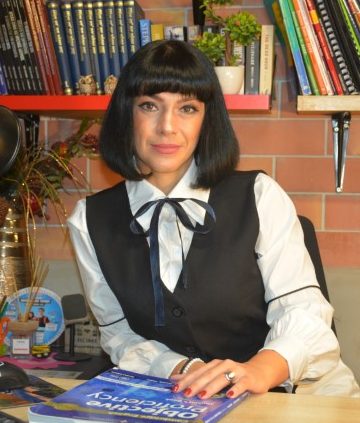The Origins of Halloween
Halloween, celebrated on October 31st, is a holiday that is widely recognized and celebrated around the world. It is a time for dressing up in costumes, carving pumpkins, and indulging in sweet treats. But have you ever wondered about the origins of Halloween? Where did this spooky holiday come from? In this article, we will explore the fascinating history and traditions behind Halloween.
The Celtic Festival of Samhain
The origins of Halloween can be traced back to the ancient Celtic festival of Samhain. Samhain, which means “summer’s end” in Gaelic, marked the end of the harvest season and the beginning of winter. It was believed that on the night of October 31st, the boundary between the living and the dead was blurred, and the spirits of the dead would return to Earth.
During Samhain, the Celts would light bonfires and wear costumes made of animal skins to ward off these roaming spirits. They would also leave food and treats outside their homes to appease the spirits and prevent them from causing mischief. This tradition of wearing costumes and offering treats has evolved into the modern-day practice of trick-or-treating.
The Influence of Christianity
In the 8th century, Pope Gregory III designated November 1st as All Saints’ Day, a day to honor all saints and martyrs. This day incorporated some of the traditions of Samhain, such as bonfires and wearing costumes. The evening before All Saints’ Day became known as All Hallows’ Eve, which eventually evolved into Halloween.
As Christianity spread throughout Europe, it absorbed and adapted many pagan traditions, including those of Samhain. The blending of these traditions gave rise to the Halloween we know today.
Immigration to America
Halloween was brought to North America by Irish and Scottish immigrants in the 19th century. These immigrants brought their Halloween traditions with them, including the practice of carving turnips and later pumpkins into lanterns, which became known as jack-o’-lanterns.
Over time, Halloween in America became more community-oriented, with parades, parties, and the popularization of trick-or-treating. The holiday also became more commercialized, with the sale of costumes, decorations, and candy.
Halloween Around the World
While Halloween is most commonly associated with North America, it is celebrated in various forms around the world. In Mexico, they celebrate the Day of the Dead, a multi-day holiday honoring deceased loved ones. In China, they celebrate the Hungry Ghost Festival, where offerings are made to appease restless spirits.
In recent years, Halloween has gained popularity in countries such as Japan and Australia, where it is seen as a fun and festive holiday. However, the traditions and customs may differ from those in North America.
Key Takeaways
- Halloween originated from the ancient Celtic festival of Samhain, which marked the end of the harvest season and the beginning of winter.
- The influence of Christianity led to the blending of pagan traditions with the celebration of All Saints’ Day, giving rise to Halloween.
- Halloween was brought to North America by Irish and Scottish immigrants in the 19th century, who introduced traditions such as jack-o’-lanterns and trick-or-treating.
- Halloween is celebrated in various forms around the world, with different countries having their own unique traditions and customs.
In conclusion, Halloween has a rich and diverse history that spans centuries and continents. From its ancient Celtic roots to its modern-day celebrations, Halloween continues to captivate and entertain people of all ages. So, as you don your costume and indulge in sweet treats this Halloween, take a moment to appreciate the fascinating origins of this beloved holiday.
